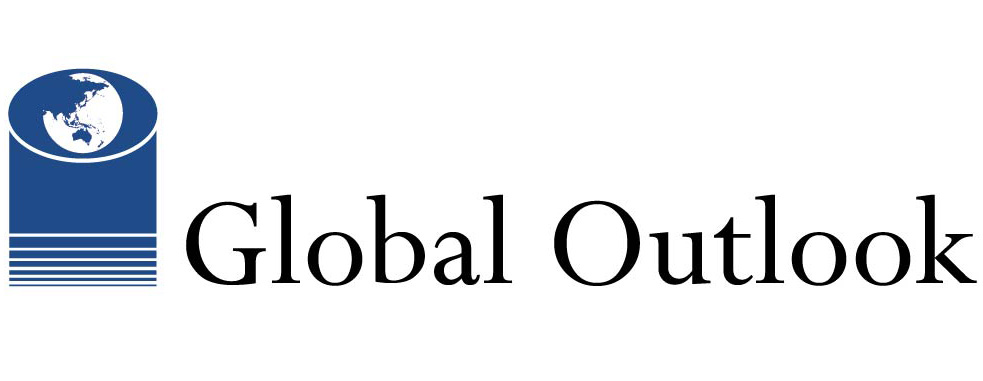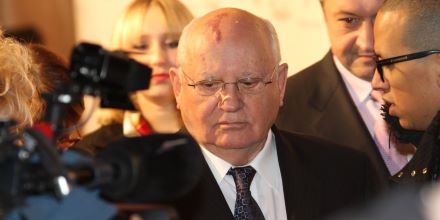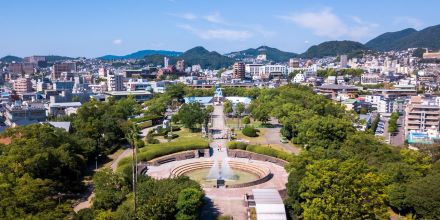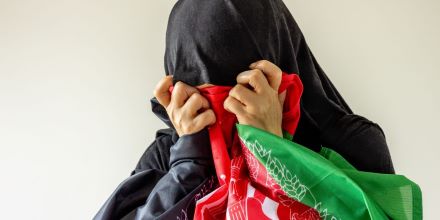
Curated expert opinion on intractable contemporary issues
Al-Qaeda, the Taliban and the Tragedy of Afghanistan
By Amin Saikal | 10 September, 2022
As the world marks the anniversary of the 9/11 terror attacks this weekend, two other events should be remembered. Afghan commander Ahmad Shah Massoud was assassinated on 9 September 2001 by al-Qaeda agents, two days before the attacks on New York and Washington. Massoud had fought Soviet forces in Afghanistan in the 1980s and the Taliban and al-Qaeda alliance in the following decade. The other event in this bleak trio is the Taliban’s reassumption of power in the wake of the US and allied retreat from Afghanistan a year ago. Together they explain the mess that is Afghanistan today.
Gorbachev Changed the World
By Ramesh Thakur | 04 September, 2022
Mikhail Sergeyevich Gorbachev (1931–2022) was revered abroad for having ended the Cold War without a shot fired as Warsaw Pact countries regained independence, the Berlin Wall came tumbling down and Germany was reunified in 1989–90. Soviet forces left Afghanistan. He reversed the arms race and dismantled tens of thousands of nuclear weapons.
Will Nagasaki Be the Last City Ever to Experience a Nuclear Attack?
By Chung-in Moon | 25 August, 2022
The Japanese government is calling to prevent nuclear proliferation and reduce nuclear arsenals while maintaining its current nuclear deterrence, while civil society and the Nagasaki municipal government are advocating the ratification of the Treaty on the Prohibition of Nuclear Weapons and the establishment of a nuclear-weapons-free zone in Northeast Asia on the grounds that eliminating nuclear weapons is the only way forward. Those represent two conflicting attitudes toward the nuclear issue in Japan today.
The Taliban’s Disastrous Year-Long Rule in Afghanistan
By Amin Saikal | 19 August, 2022
One year on, the Taliban’s rule in Afghanistan continues to be marked by extremist brutality in the name of Islam and defiance of the UN-led international demand for an inclusive government and respect for human rights. The group has not been accorded global recognition and the Afghan people are in the midst of the worst humanitarian crisis in Afghanistan’s modern history. The country’s future prospects have never been so bleak.
Putin's War Will End Eventually – Five Points We Should Prepare For
By Tobias Debiel | 17 August, 2022
It is not only the war in Ukraine that is deadlocked. There is hardly any movement on the political-diplomatic front either. At the same time, however, some cornerstones for negotiations can be identified. The public debate should pay more attention to it.
Disinformation: A Growing Threat for Faith-Based Organisations
By Prithvi Iyer and Zoe Skoric | 08 August, 2022
From hindering public health efforts to disrupting election cycles, it is clear that disinformation threatens public trust and democratic principles worldwide. Yet, despite disinformation becoming a more prevalent topic within the international community, its impact on the operations and public image of faith-based non-governmental organisations (NGOs) remains relatively unexplored. With nearly 60% of U.S.-based foreign assistance organisations being faith-based, it is essential to not only understand the impact of disinformation on these organisations, but also to examine the strategies used to counter disinformation so that it does not adversely impact their humanitarian work.
The views and opinions expressed in Global Outlook are those of the authors and do not necessarily reflect the official policy or position of Toda Peace Institute.





